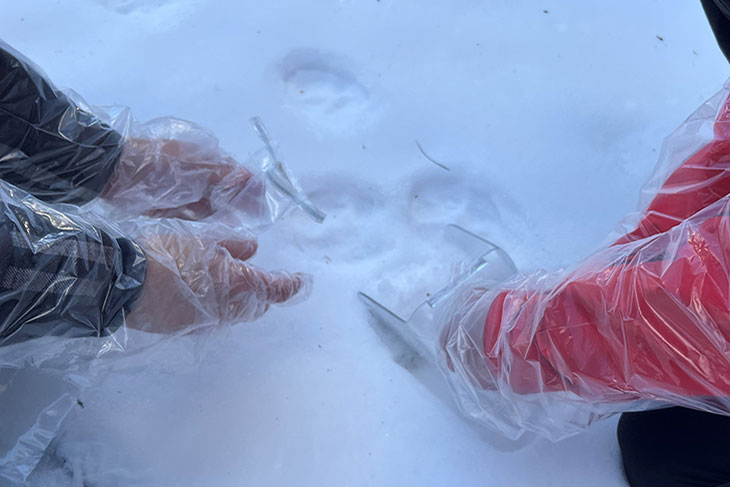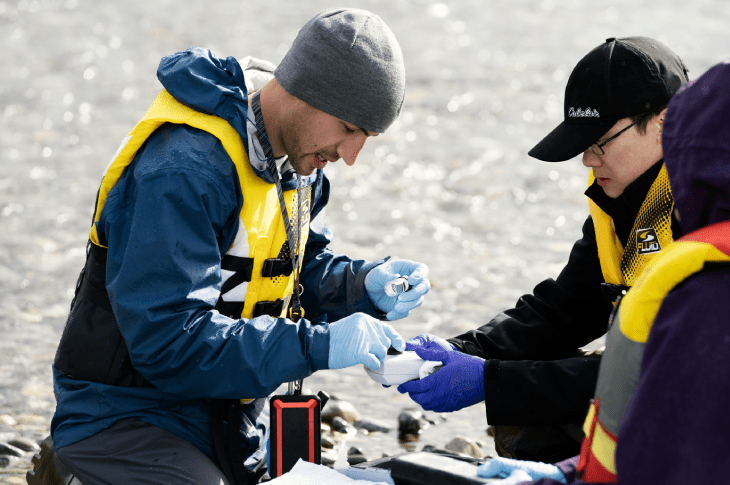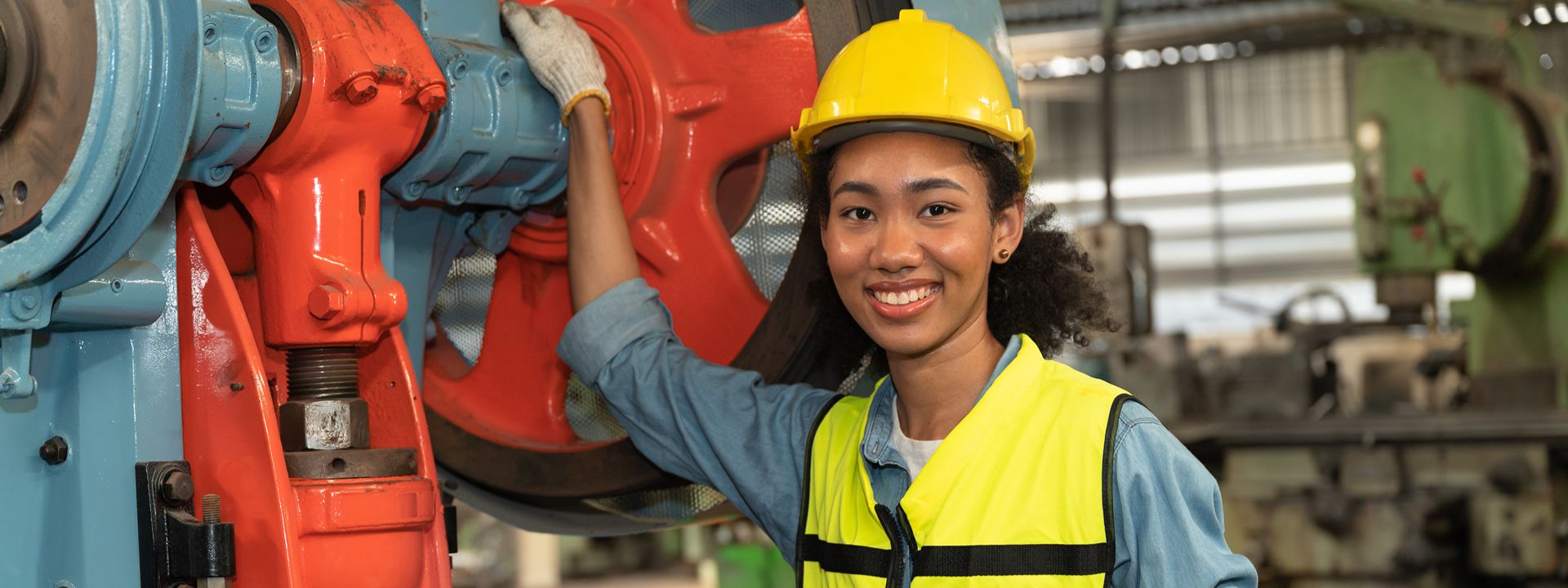Empowering future-ready energy
At SAIT, we’re proud of our roots in oil and gas. We also know that sustainable energy and technology will be critical to energy security, economic growth and environmental sustainability as the world's population increases and demand for energy continues to rise.
As Canada’s first school of energy, we’re committed to advancing next-generation energy with future-ready learning options for all career stages.
Taught by industry experts, we bring together diverse disciplines to ensure that our graduates are equipped to create energy systems that optimize and connect all viable forms of energy in smart, responsible ways. Join us in tackling the most critical work of our time.
I chose Environmental Technology due to the growing environmental sector in industry, as well as my personal interests in botany, ecology, hydrology and chemistry. If I can take my love of stomping around on mountains into my workplace while bettering the world, I would count that as a success.
Monica Collins
Environmental Technology student
See for yourself
Whether it's working in the field or in our labs that mimic job site environments, we pride ourselves on delivering industry-informed, hands-on training in energy and environment.
Check out our video playlist to learn more about the MacPhail School of Energy, our programs and the rewarding careers available in the energy sector.
Connecting students and industry
We value our industry partnerships.
Find out how you can connect with talent in the pipeline and impact our future workforce.
You can also find support for your short- and medium-term projects by connecting with our students. It's mutually beneficial - you get the help you need while our students gain real work experience.
Upcoming events and information sessions
Energy #HereAtSAIT
The latest news about our students, alumni, staff, industry partners and more.

Environmental DNA lab looks for big answers in small places
Using eDNA for environmental monitoring and assessment work could improve efficiency, safety and cost effectiveness.

Celebrating inspiration and excellence with our Fall 2025 valedictorians
SAIT graduates are preparing to embark on a new journey, but first they have a stage to cross and credentials to receive at next week’s convocation

5 careers in energy you never knew existed
Students at SAIT’s MacPhail School of Energy are learning skills to empower the energy sector — now and into the future
Contact us
MacPhail School of Energy
KA440, Johnson-Cobbe Energy Centre, SAIT Main Campus
-
Phone - 403.284.8451
-
Phone - 403.284.8262 (fax)

Oki, Âba wathtech, Danit'ada, Tawnshi, Hello.
SAIT is located on the traditional territories of the Niitsitapi (Blackfoot) and the people of Treaty 7 which includes the Siksika, the Piikani, the Kainai, the Tsuut’ina and the Îyârhe Nakoda of Bearspaw, Chiniki and Goodstoney.
We are situated in an area the Blackfoot tribes traditionally called Moh’kinsstis, where the Bow River meets the Elbow River. We now call it the city of Calgary, which is also home to the Métis Nation of Alberta.
